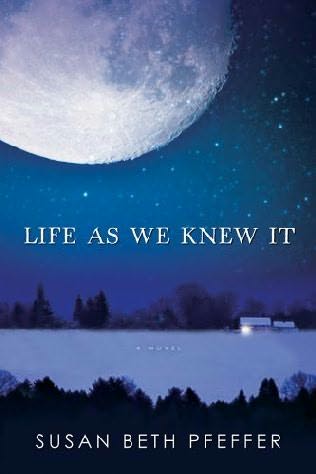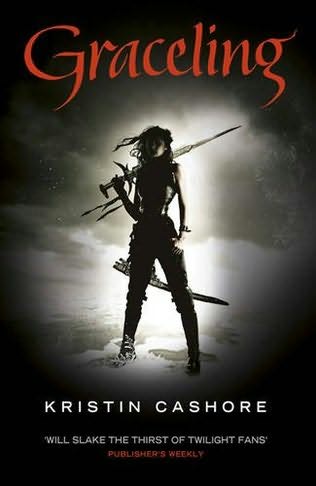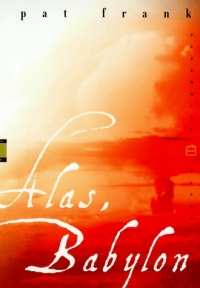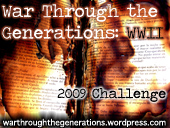 book 4 of 5 for the Non-fiction five Challenge
book 4 of 5 for the Non-fiction five Challengegenre: non-fiction/biography
I feel like I should preface this review with a line of a poem that I adored in my childhood:
“If you are a dreamer,come in. If you are a dreamer, a wisher, a liar, a
hoper, a prayer, a magic-bean-buyer. If you're a pretender, come sit by my fire, for we have some flax-golden tales to spin. Come in! Come in!”
-Shel
SilversteinOpal Whiteley was a remarkable child. Her turn-of-the-century diary was printed onto scraps of paper, wrappings and discards, scratched out with colored pencils and crayons at the age of seven. Her biography (written by Benjamin Hoff, the author of the
Toa of Pooh) details Opal's life, beginning with her early childhood in the woods of Oregon, near a logging community. She was an avid naturalist from an early age and went on to spend much of her early adulthood teaching about nature and science to young children.
At some point, however, certain people spread rumors discrediting her diary - claiming it was written when she was an adult, saying that someone so young couldn't possibly have written with such intensity and intelligence. Hoff, obviously, feels very strongly that the diary is authentic and goes to great lengths in the biography to provide evidence to back up his stance. And for me, reading the diary, I couldn't help but believe it was the work of a highly literary and insightful child. There's too much raw belief to think otherwise.
As for the diary itself, it's a place where people who are willing to heed Shel
Silverstien's advice should tarry. Opal Whiteley isn't just a dreamer, she's a fairy, a woodland creature - Mother Nature embodied in a wild child who is so at one with the earth and its creatures that she can actually feel their pain. She writes of her conversations with the trees, the joy that the wind and the rain sing to her and each of her dozens of animal friends have long and illustrious names. She has crazy notions about helping her mother and is so innocent and yet grave about the way she wants to do right by the people she loves that it is sometimes painful. She describes this early Oregon landscape and some of its inhabitants (both human and otherwise) with a stark and loving richness.
Because of her father's French-
Canadian heritage (they think), she writes with a strange sort of translated syntax which drove my husband crazy when I read it out loud, but which I found enchanting. It made her ideas and "thinks" so much more ethereal:
"By-and-by I came to a log. It was a nice little log. It was as long as three pigs as long as Peter Paul Rubens. I climbed upon it. I so did to look more looks about. The wind did blow in a real quick way-he made music all around. I danced on the log. It is so much a big amount of joy to dance on a log when the wind does play the harps in the forest. Then I do dance on tiptoe."
and
"I think it is very nice to help people have what they do have longings for."
Opal is always grateful, full of joy, trying to understand. She learns deep lessons about life and death (or
bornings and goings-away, as she calls them). Her interactions with her mother were harsh and unfortunately littered with bouts of corporeal punishment, and reading them from Opal's point of view was sometimes heartbreaking. It made me want to just hug that girl and take her for a walk, but luckily she had many kindly neighbors, cows, dogs, frogs, crows, wood rats, chickens and horses to keep her company. Her fresh and unadulterated love of the earth, her recognition of the healing that comes from being outside among the animals and trees, her faith in fairies and God and angels - this unique perspective painted the entire diary with an unmistakable swash of
joie de vivre.
If you are not one of those dreamers, if you don't every once and a while strain to hear the voice of the wind in the trees, this book may be a bit too sentimental for you. Her fondness for naming every single creature she befriends might tire you. Her precociousness might just make you thank the heavens that you weren't her mother. But for me, Opal's diary opened my eyes to a life of at-one-
ness that made me want to laugh for joy and reminded me that, as Opal says, "this is a wonderful world to live in."

 genre: young adult
genre: young adult

























































